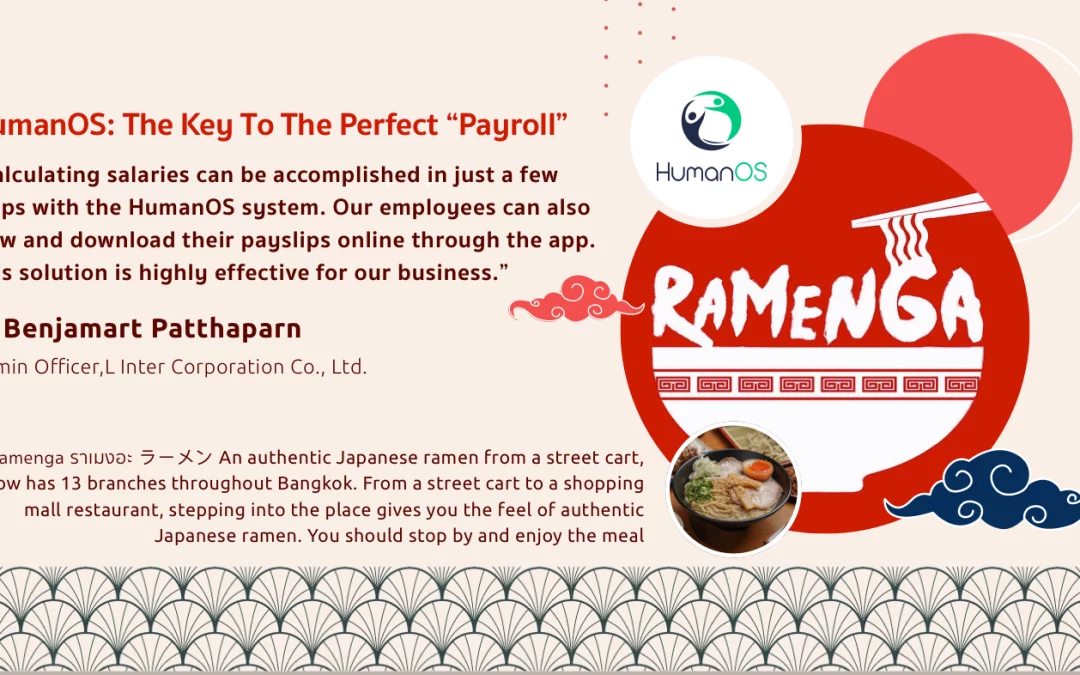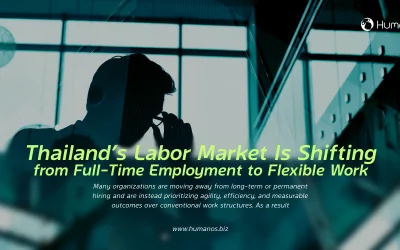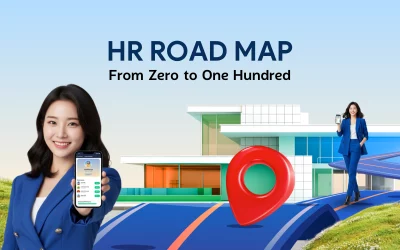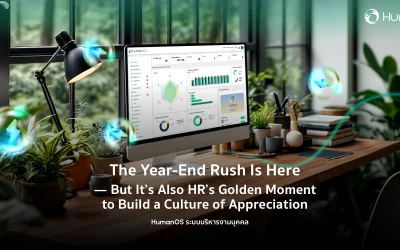In today’s fast-changing business world, many organizations are asking the same question —
Should we invest in HRM or HRD first?
HRM (Human Resource Management) strengthens structure, process, and compliance.
HRD (Human Resource Development) builds people’s potential and shapes the organization’s long-term growth.
From a CFO’s point of view, however, this isn’t just a choice between “today” and “tomorrow.”
It’s about finding the right balance between efficiency and sustainability.
🔹HRM: Save Today, Stay Secure Immediately
HRM focuses on managing people-related operations — payroll, benefits, time-off, and legal compliance.
It’s the backbone that keeps an organization running smoothly and financially stable.
Why it matters to CFOs:
- Reduces payroll errors
Even minor mistakes in salary payments can damage employee trust and result in hidden costs — such as rework, accounting adjustments, or even employee turnover. - Minimizes legal and compliance risks
Late submissions or incomplete documentation can lead to fines and unnecessary expenses.
A strong HRM system ensures accuracy, timeliness, and full compliance. - Provides clear financial visibility
CFOs gain access to real-time workforce data — employee headcount, salary structures, benefits, and cost trends — supporting smarter budgeting and cash flow planning.
➡️ In short, HRM acts as a financial safeguard, helping organizations reduce avoidable losses and maintain operational stability.

HRD: Invest Today, Grow Tomorrow
While HRM focuses on structure, HRD is about growth — developing people through training, feedback, and career progression.
It’s an investment in capability, engagement, and adaptability.
Why it’s valuable for CFOs:
- Reduces turnover costs
Recruiting and training replacements is expensive. HRD helps employees see a future within the company, increasing retention and cutting long-term costs. - Enhances performance through capability
Upskilling employees — from leadership and communication to digital and analytical skills — drives measurable business outcomes.
When people grow, performance follows. - Builds adaptability for the future
In a world of constant change, HRD prepares employees to respond quickly to new technologies and market shifts, keeping the organization agile and competitive.
➡️ HRD isn’t a cost — it’s an investment in human capital, one that delivers sustainable ROI through stronger people and better performance.
The CFO’s Ideal Approach: Combine HRM + HRD
Rather than choosing between HRM and HRD, CFOs should focus on how to balance both strategically.
Use HRM to control risks, ensure compliance, and save operational costs today.
Then, reinvest those efficiencies into HRD to develop talent and strengthen the organization’s foundation for tomorrow.
💡 HRM keeps your company safe today.
HRD keeps it strong tomorrow.
Together, they create an organization that is not only stable — but also built to last.
Source :
- https://www.launchways.com/cfos-taking-on-more-hr/
- https://nakisa.com/blog/beyond-the-bottom-line-why-cfos-care-about-hr-metrics/
#CFOInsights #CostSaving #HRD #HRM #FinanceAndPeople





